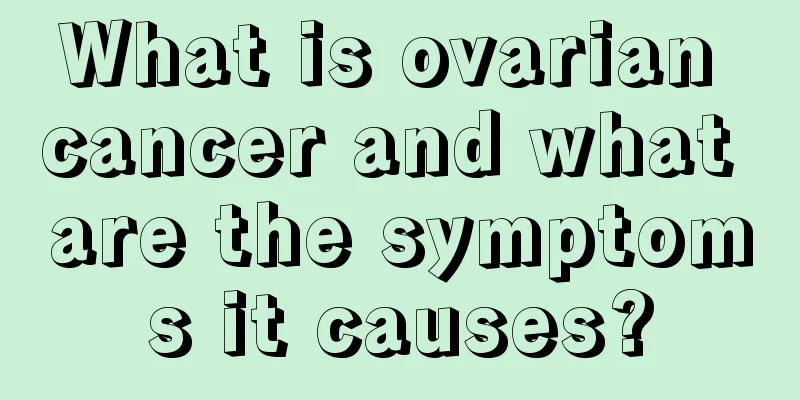Is gastric perforation serious? What are the symptoms of gastric perforation?

|
Gastric perforation is a common stomach disease in daily life. When the disease occurs, patients often experience severe abdominal pain, which looks particularly painful. At this time, many people will have this question: Is gastric perforation serious? In fact, gastric perforation has a great impact on people’s health. Let us take a closer look at how serious gastric perforation is! Is gastric perforation serious? But it is certain that gastric perforation is very painful. We have all experienced oral ulcers. Imagine that when oral ulcers become serious to a certain extent, a hole is pierced in the mouth. How painful it is. So what are the symptoms of gastric perforation? What should we pay attention to in diet after gastric perforation surgery? Let's take a look below! Gastric perforation is the most serious complication of gastric ulcer. The main reason for gastric perforation is that we do not treat the ulcer but instead overeat, which causes gastric perforation. The patient suddenly develops severe abdominal pain, which initially begins in the upper abdomen or perforation site and is often like a knife or burning pain. It is generally continuous and the pain quickly spreads to the entire abdomen. The most common cause of gastric perforation is peptic ulcer. As the ulcer continues to deepen, it penetrates the muscle layer, the serosa, and finally the stomach or duodenal wall, causing perforation. Other complications may occur after gastric perforation, such as chronic gastric perforation, which will affect our gastrointestinal colon. More seriously, if our stomach and other organs are adhered after gastric ulcer, it will cause suppuration around the site of gastric perforation. Symptoms 1. Abdominal pain Sudden onset of severe abdominal pain is the first, most frequent and important symptom of gastric perforation. The pain initially begins in the upper abdomen or perforation site, often with a knife-like or burning pain, which is generally continuous, but may also worsen in fits. The pain quickly spreads throughout the abdomen and may spread to the shoulders as a tingling or sore feeling. 2. Shock symptoms In the early stages of perforation, patients often have a certain degree of shock symptoms. The condition progresses to bacterial peritonitis and intestinal paralysis, and the patient may experience toxic shock again. 3. Nausea and vomiting About half of the patients experience nausea and vomiting, but the symptoms are not severe. Vomiting worsens during intestinal paralysis, and there are also symptoms such as abdominal distension and constipation. 4. Other symptoms Other symptoms of gastric perforation include fever and increased white blood cell count, but these symptoms will occur within a few hours after gastric perforation occurs. |
>>: How to check for gastric perforation? It turns out that you need to check these
Recommend
What are the methods of dietary treatment for bulbar ulcer symptoms
Bulb ulcer is also known as gastric and duodenal ...
Eight small things that secretly affect people's life span
There are many factors that affect the length of ...
Why is the skin next to the nails hard?
Skin is a part that people pay great attention to...
How to do stretching exercises before going to bed to promote height growth
The height development of children is an issue th...
Causes of gas poisoning
Gas poisoning is actually what we call carbon mon...
What are the dangers of breast cancer
With the change of living environment, many women...
The most effective way to clear stool is to grasp the best time
Studies have found that drinking a glass of water...
Is it considered cured if primary liver cancer has not recurred after 5 years? How to avoid recurrence of primary liver cancer
The mortality rate of primary liver cancer is rel...
How to exercise psychological endurance
Everyone's psychological endurance is limited...
How about using plants to dye your hair
Love of beauty is natural, so many people often p...
How to do colorectal cancer screening
How to do bowel cancer screening? Colorectal canc...
Psychological care for patients with rectal cancer
The psychological problems of colorectal cancer p...
What to do if you have a headache due to overuse of brain? Three tips to help you
Overusing the brain often causes people to have h...
Why is the hair in the nostrils turning white?
For some careful friends, they are very careful n...
Is the incidence of colorectal cancer related to environmental factors?
Data from an epidemiological survey of immigrants...









